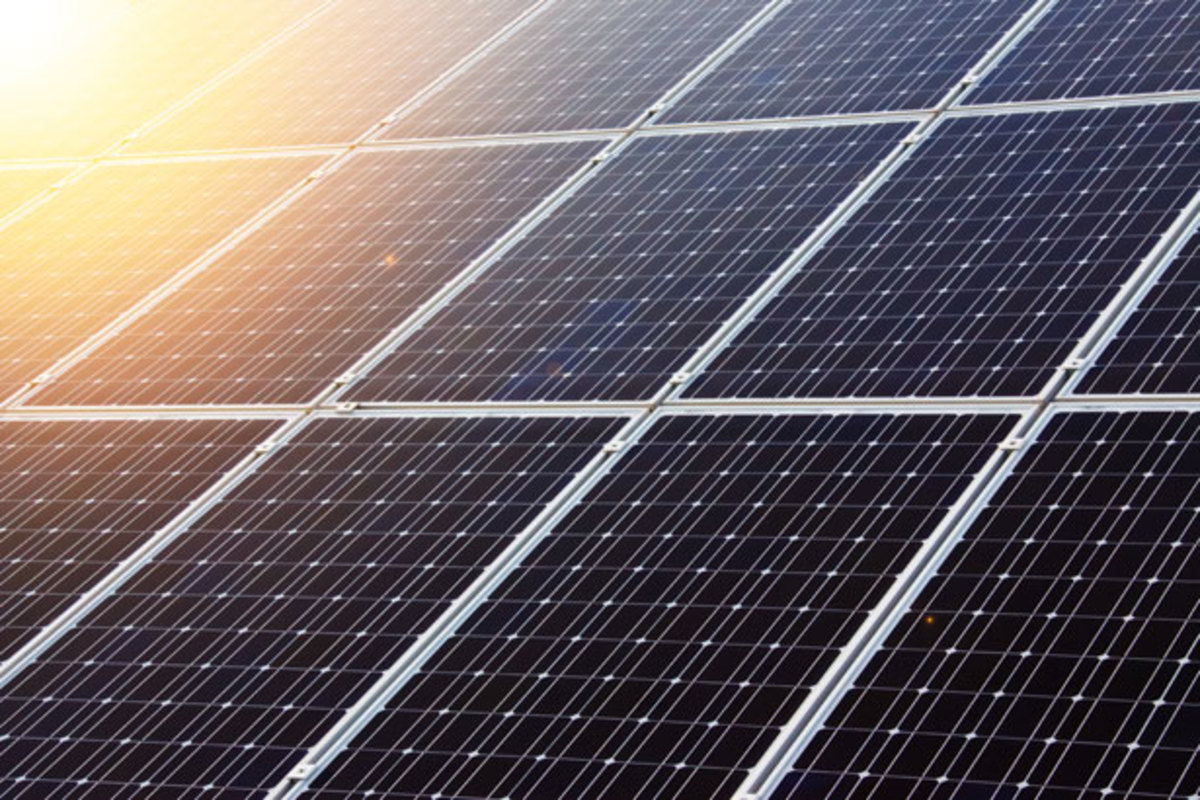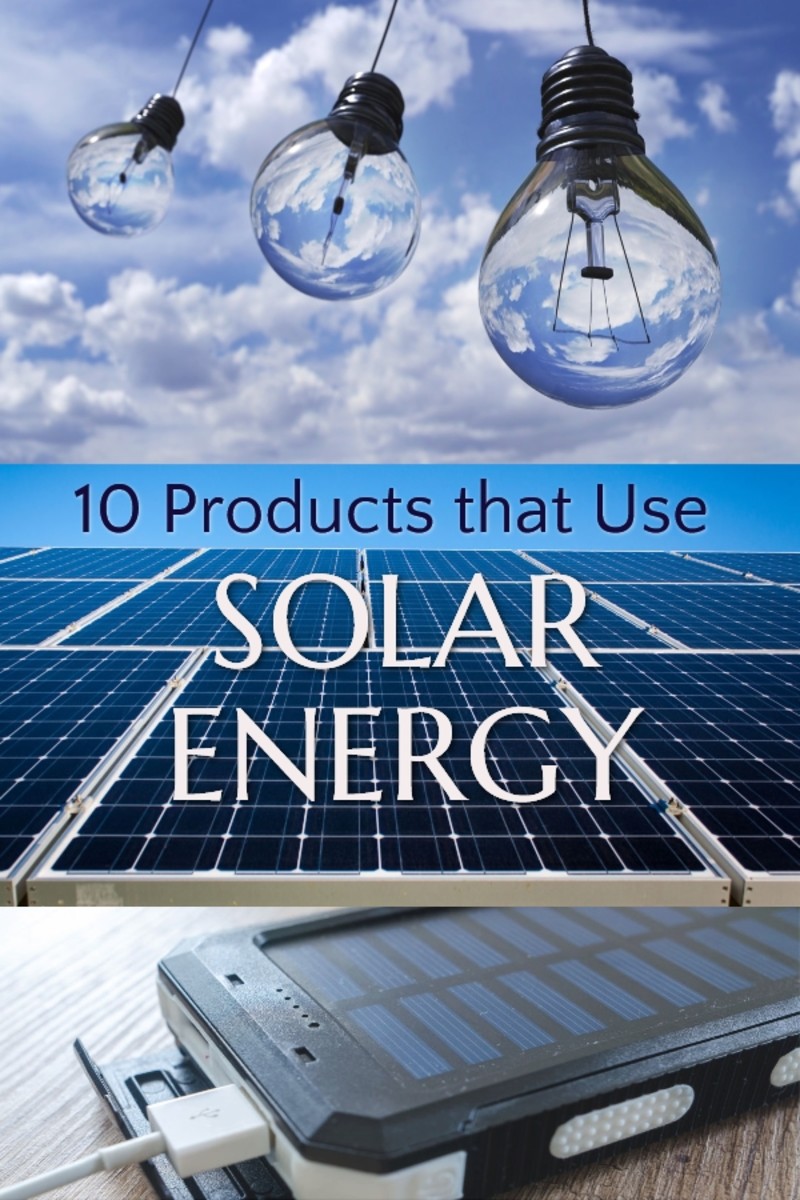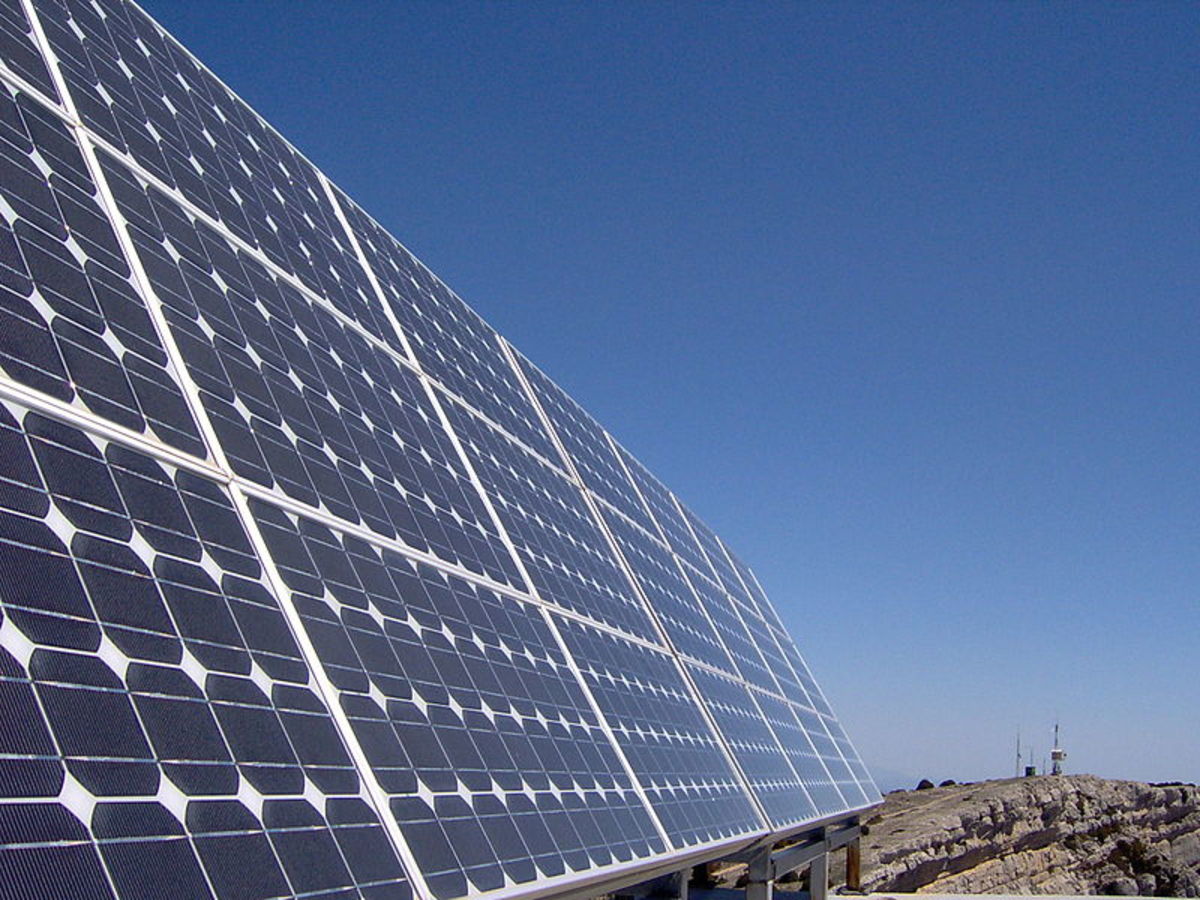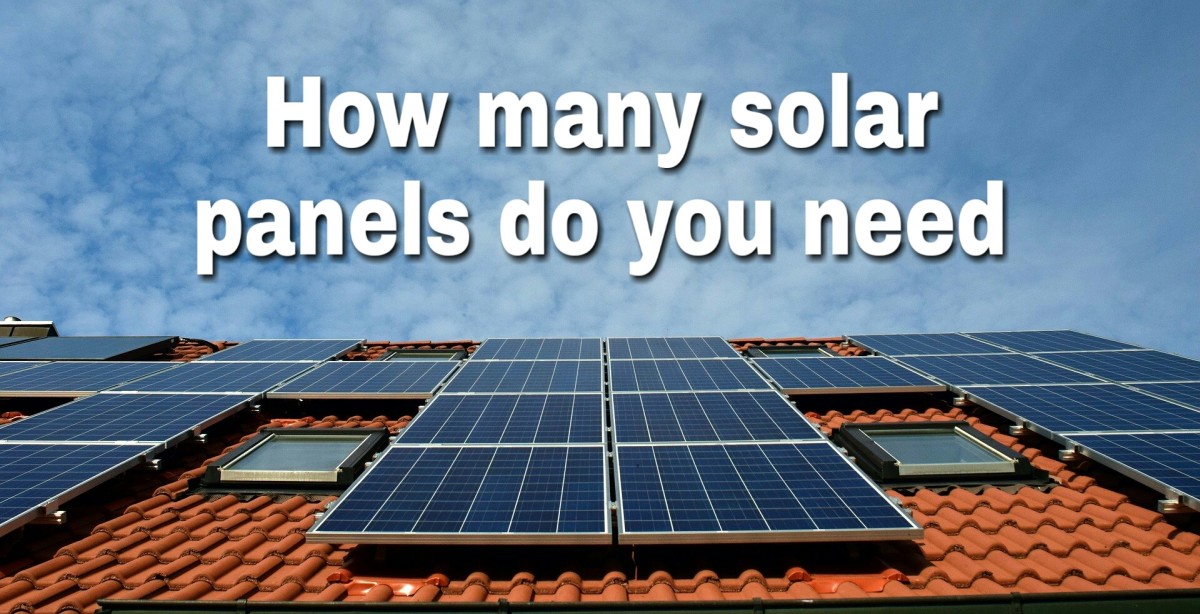Renewable Resources - Is Solar Energy Too Expensive?
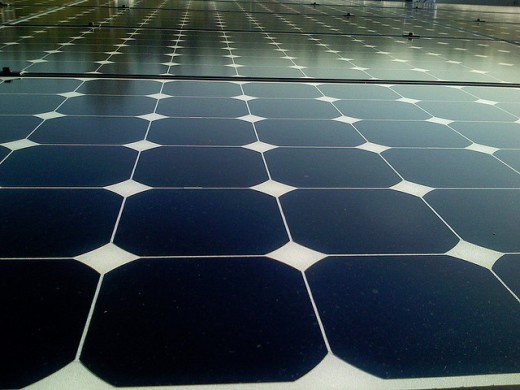
Solar Power House
We live in a world that is energy hungry. It will continue to grow more hungry as our main energy sources are depleted. There are global crude oil shortages and we can't expect to continually find new pockets of oil as the natural process that results in crude oil takes about 150 million years.
Can we wait that long?
Suppliers of these resources are continuously looking for new ways to provide our high energy needs more efficiently than ever before.
As our conventional energy sources continue to deplete or pollute the atmosphere we are becoming increasingly aware and more actively geared towards finding renewable resources. As is often the way, people only change when disaster strikes or they are directly affected by something. Governments and local authorities are paying close attention to the idea of energy conservation. New houses are being built with energy conservation in mind – less heat loss being a major build factor. In the case of energy consumption the average household is paying more and more each month for gas and electricity than ever before. This has changed how we think on a daily basis. Whether it be in the form of recycling, buying energy efficient appliances or turning the heating down in your home by one degree we have all become energy conscious.
One of the leading innovations in the last century in the field of alternative energy is solar voltaics, but the concept of harnessing the suns energy in this way actually dates back to a French Physicist named Antoine-César Becquerel. Antoine first discovered the concept, but it wasn't until some 50 years later that the first ever solar cell was successfully developed. Even then it was less than 1% efficient. But the wheels where in motion. Today we have solar panels that can be upwards of 20% efficient at converting sunlight into electricity. If this doesn't sound like much at this rate of conversion we can still power upwards of 70% of our daily usage. We are, however, on the brink of solar panels reaching 80% efficiency and they will also much cheaper to manufacture.
This means they will be cheaper for the average home owner to buy as the materials used are easier to make than highly purified silicon in current construction methods. Today, though, it is possible for us to install a solar panel array on the roof of our house (preferably south facing) to collect the suns rays all day long. In some countries it is possible to achieve over two thirds of the average homes daily energy needs. In Europe, however, we have less sunlight, but this shouldn't be a deterring factor. Some people are led to believe that it is sunlight that we need – something lacking in certain countries such as the United Kingdom. However, we can still collect ample amounts of energy from daylight. After all, daylight is just sunlight that is slightly obscured by clouds.
If you are thinking about trying to cut the cost of your energy bill and like the idea of solar panels, but don't like the big price tag then think about this:-
grants are available in the U.K. The initiative is called the Low Carbon Buildings Programme and you can get a grant for solar panels up to a maximum of £3,000 per kilowatt and a maximum of £15,000. The total grant available can be up to half the cost of your installation, however your home has to currently conform to a certain building criteria – using low energy light bulbs, roof and cavity wall insulation.
Your solar installation may cost the price of a second hand car, but it will outlive your car by twenty years or more. And, unlike a car, they don't need constant maintenance.
You can make some passive income by selling any excess electricity back to the national grid. In effect, your electricity meter can potentially run backwards while you are at work or on holiday.
No need for planning permission.
The monetary rewards are becoming clearer with the rising cost of our utility bills. There was a time when this was a venture for those who had money to spare. They probably cared, more than most, about the environment and were looking to set an example for others to follow. This is changing, however, as the monetary benefits are becoming clearer with the ever rising costs of our utility bills. The gap is being closed at an exponential rate in the amount of time in years it can take to recoup ones initial installation costs. In as little as 5-10 years a solar installation will have paid for itself and will continue to pay for itself for many decades to come. So if you think about the energy sources you currently use can you say that there is such a thing as a payback period? If you are reliant on the national grid, coal or any other conventional energy source then perhaps it's time to rethink what you are spending on a monthly basis with no hope of a return investment. And so it can be misleading to think of solar energy as too expensive. It is currently one of the only ways you can save money and help the environment continuously for decades to come.
Can we say that about the second hand car we bought 5 years ago?


